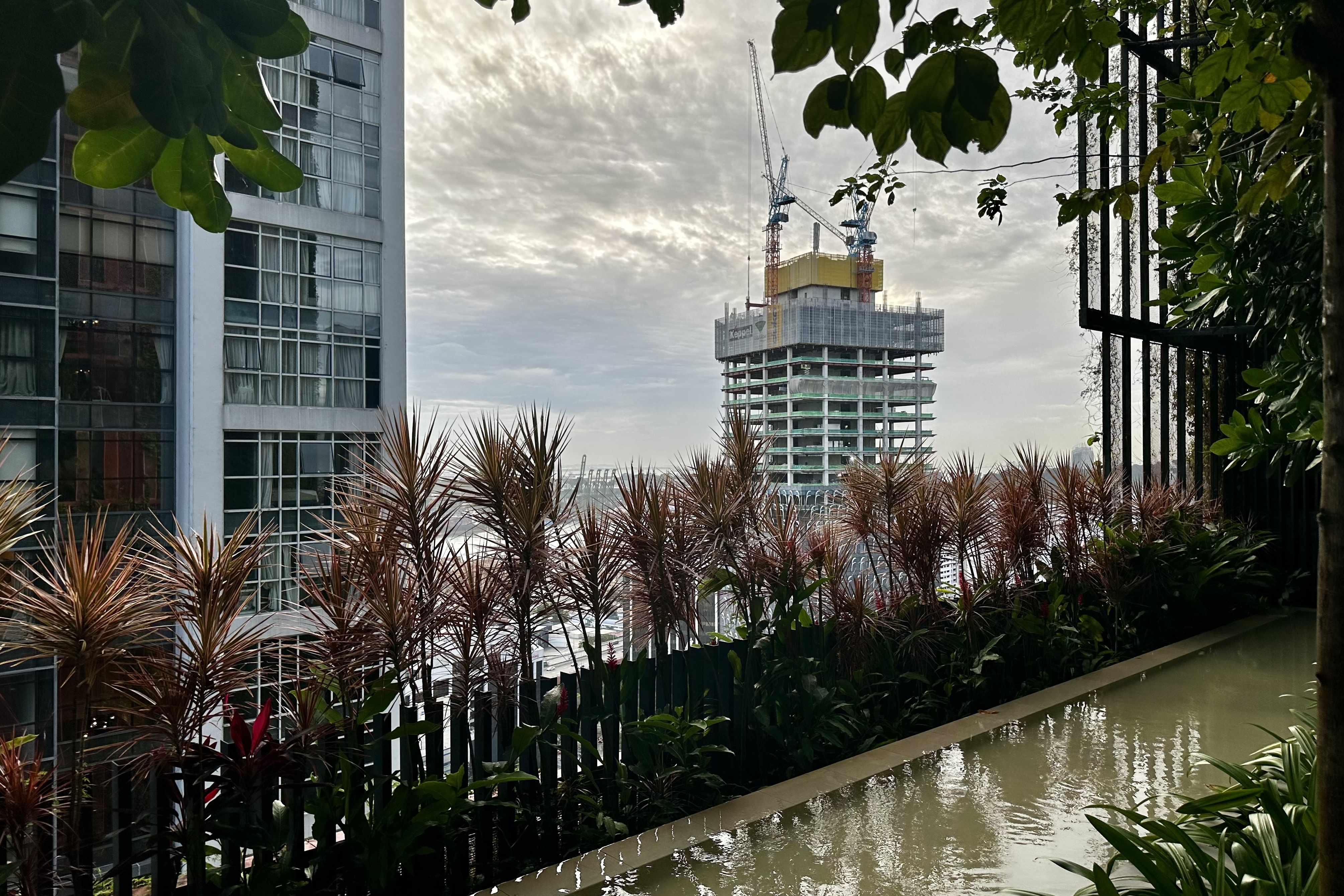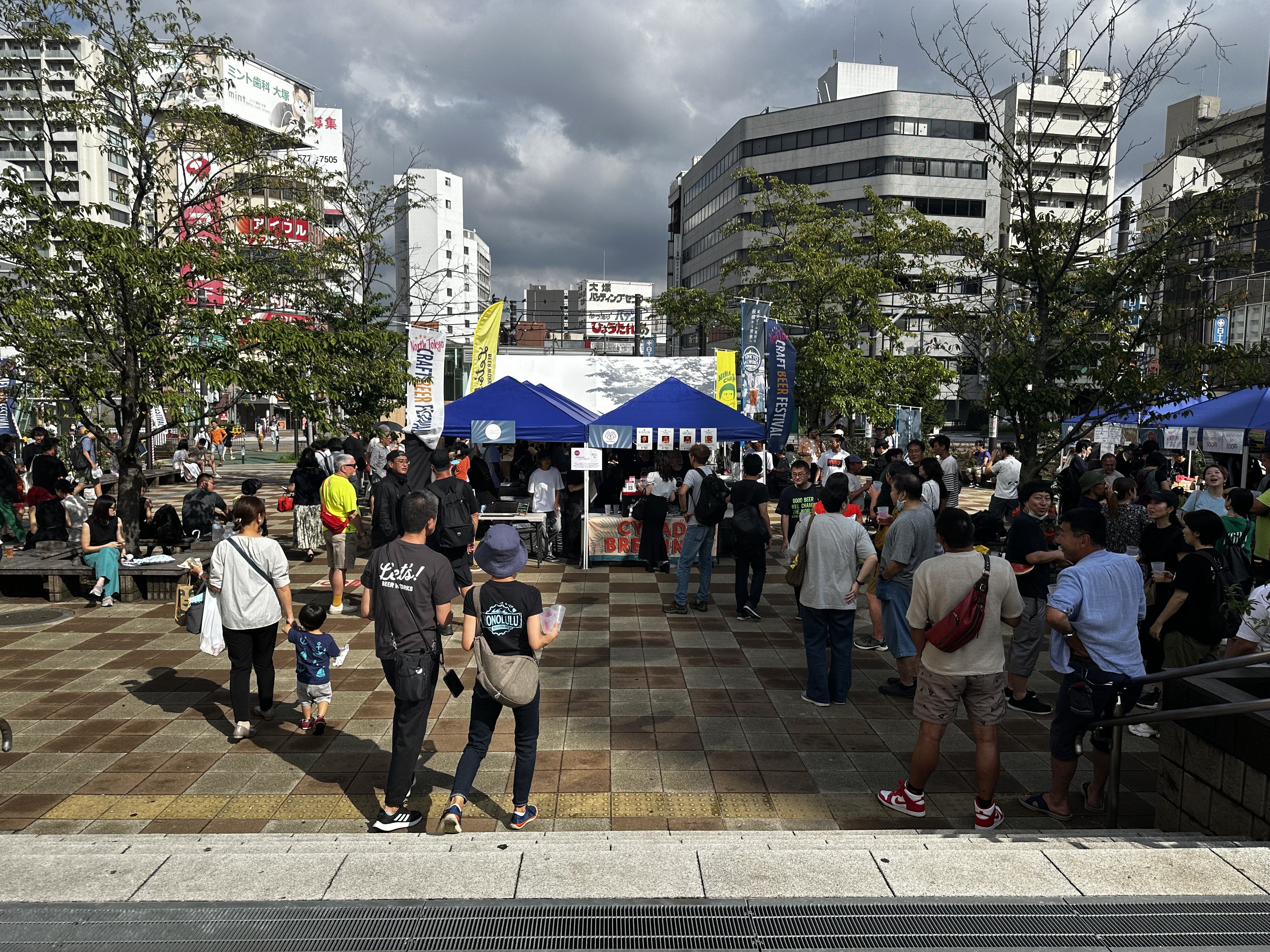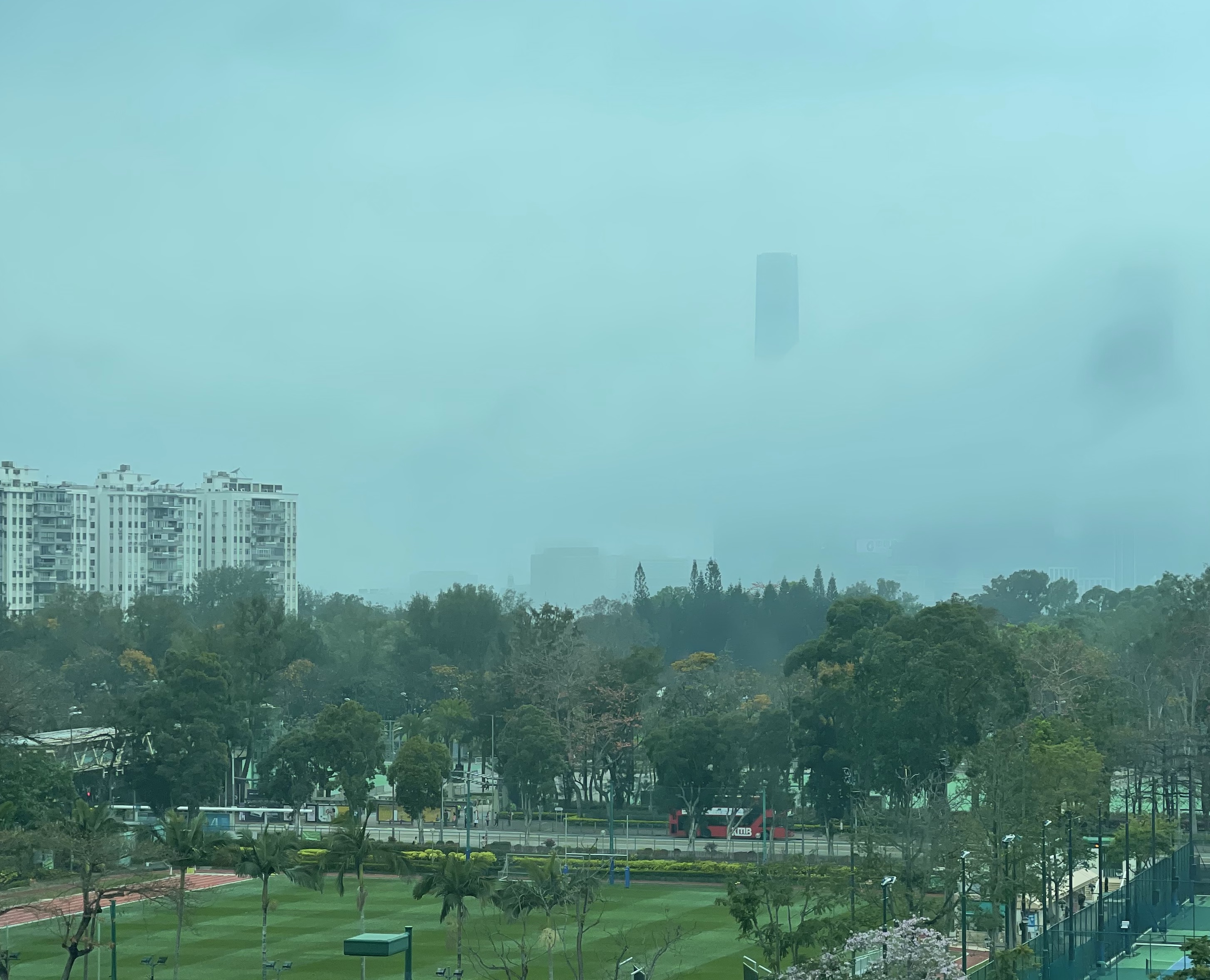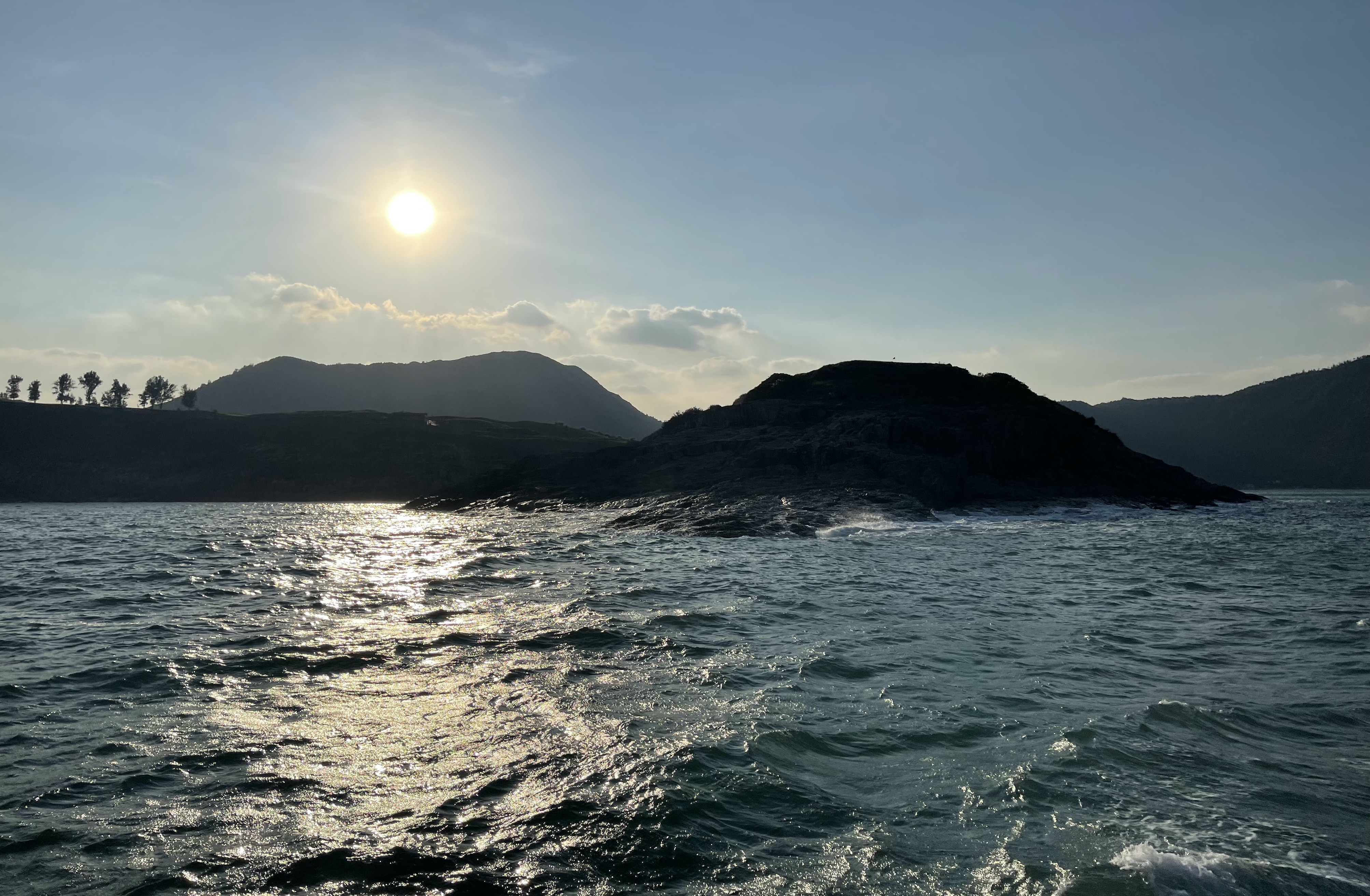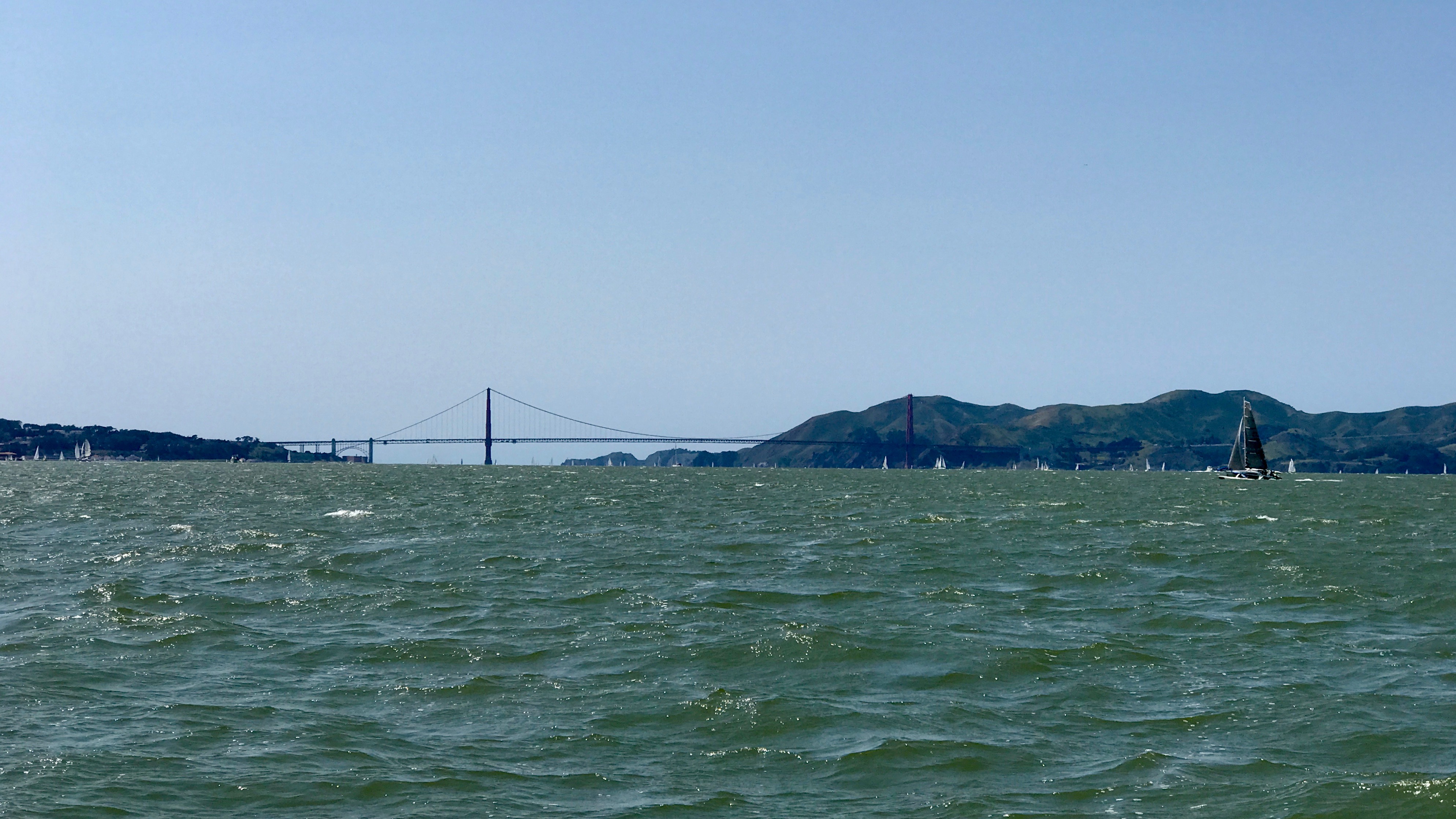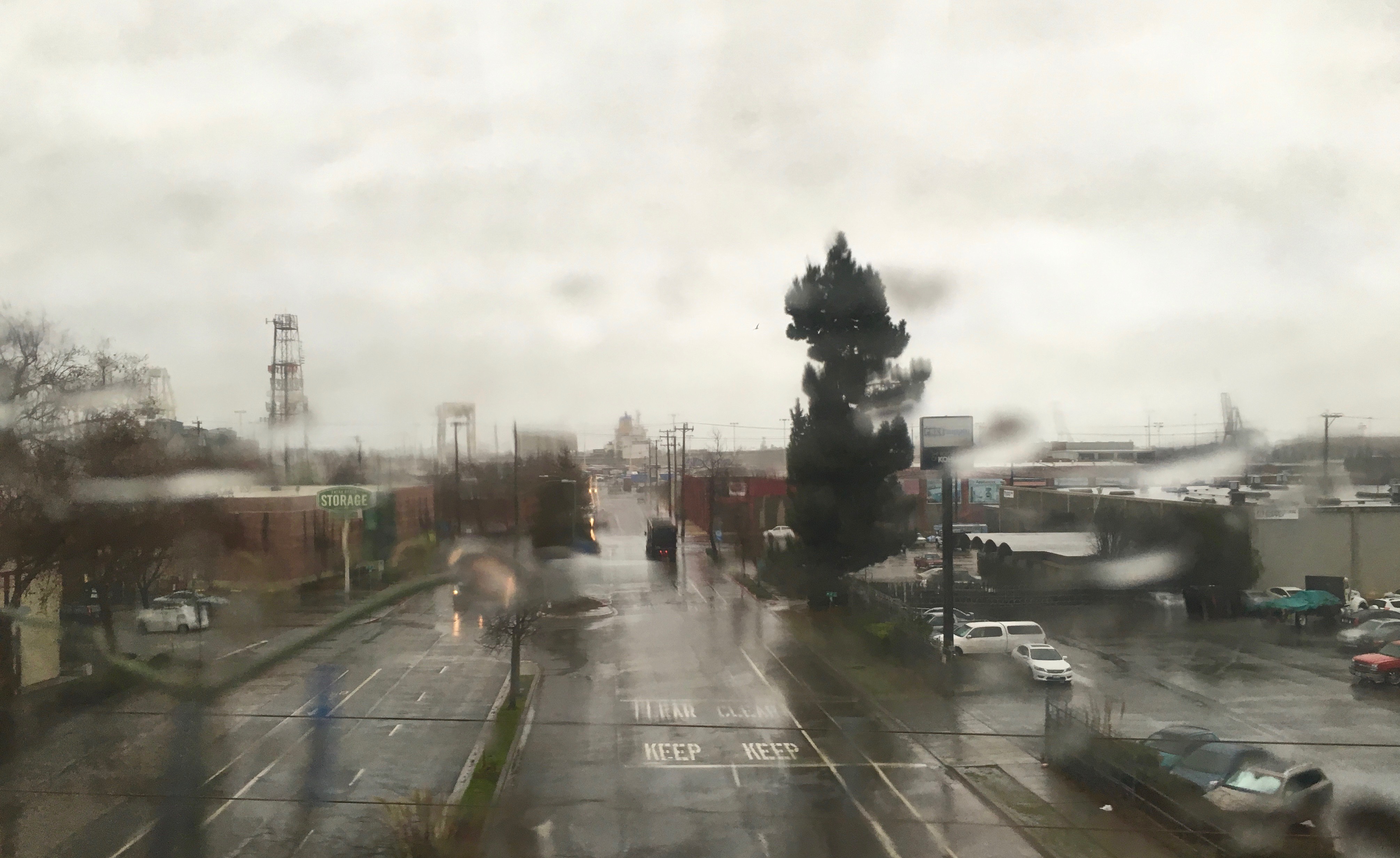My colleague arrives in Singapore at nine am two days late. His original flight was canceled due to a blizzard. He’s understandably confused by the weather. Together we visit a customer and wander Tanjong Pagar without purpose. I am here to welcome him, to help him procure the essentials of life. Our list for the week reads like a modern life assembly kit:
- Healthcare
- Housing
- Prepaid SIM
- Guidance on taxes
These are not strange needs, nor are they hard to deliver. They simply require money, and some sense of the city. We will manage them before my flight home on Thursday evening. Call it fifty hours. It feels luxurious.
“Welcome to:
The precipice between groundlessness and flight”
In the morning, briefly, I stand on the 27th floor of a hotel and look out at the rain. It’s a storm, but a lackluster one, and I’m sure there will be space for my sprint to the MRT in a moment. Singapore, for me, is an odd mishmash of memories. I remember standing under open pedestrian overpass in a true downpour, in the kind of tropical cloudburst that is truly rare in most climates. I remember looking down from the top of the Pinnacle@Duxton with friends, relaxing in the air of what felt like amazing possibilities.
I think then of how many places we’ve looked down from, those friends, who just weeks ago climbed a Hong Kong peak with me, with whom I have stood on rooftops in Tokyo and New York. I think of how lucky we all are, and how long we have been so fortunate. Thinking this I pass on one of my core beliefs to my colleague, himself on his first such voyage.
“It’s lucky to be flown to a new country for work,” I say, “to get paid to learn a new place”.
So here we are, wandering Singapore, working hard and searching for the building blocks of what will be his life. It’s not somewhere either of us expected to be, and yet it’s familiar.
These are the good weeks, I think, walking back to my room. These are the weeks we remember.
Quoted lyrics from Ani DiFranco’s ‘Welcome To:’, from the 2003 album Evolve.
